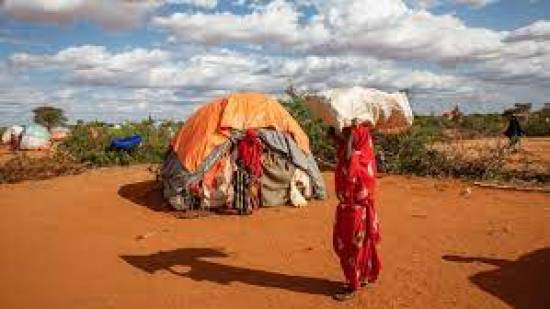United Nations humanitarian chief Martin Griffiths has warned that Somalia is on the brink of famine following the worst drought in four decades.
During a news conference in Mogadishu, Griffiths said he has “concrete indications” that famine may occur in the southern Bay region by the end of the year.
Griffiths was in Somalia over the past week to assess the impact of the drought and speak with affected individuals.
His visit to Mogadishu, where most of the drought-affected Somalians live, was followed by a visit to Baidoa, one of two southern towns where many people are at risk of starvation.
During his stay in Baidoa, Griffiths visited camps for internally displaced people and hospitals treating malnourished children.
"I have been shocked to my core these past few days by the level of pain and suffering we see so many Somalis enduring," he said. "Famine is at the door and today we are sending the final warning."
Griffiths warned that Baidoa and nearby Burhakaba will be at the epicenter of famine if no action is taken to prevent it.
"The Somalia Food Security and Nutrition analysis report, being released today, shows concrete indications that famine will occur in two areas in the Bay region in South-Central Somalia between October and December of this year," he said. "The impending famine is similar to the famine that occurred in the country from 2010 to 2011.”
The famine that struck Somalia in 2011 resulted in the deaths of nearly 260,000 Somalis, half of whom were children.
Currently, the situation in the Bay region falls just short of a formal declaration of famine. But thousands there are under threat of starvation.
Overall, the United Nations and Somali government say 7.8 million people nationwide are in desperate need of humanitarian assistance as the drought drags on and the food situation gets worse.
Russia’s invasion of Ukraine has contributed to the crisis in Somalia, which is suffering from a shortage of humanitarian aid as international donors focus on Europe.
Somalia received at least 90% of its wheat from Russia and Ukraine before the war and has been hit hard by scarcity and the sharp rise in food prices.


